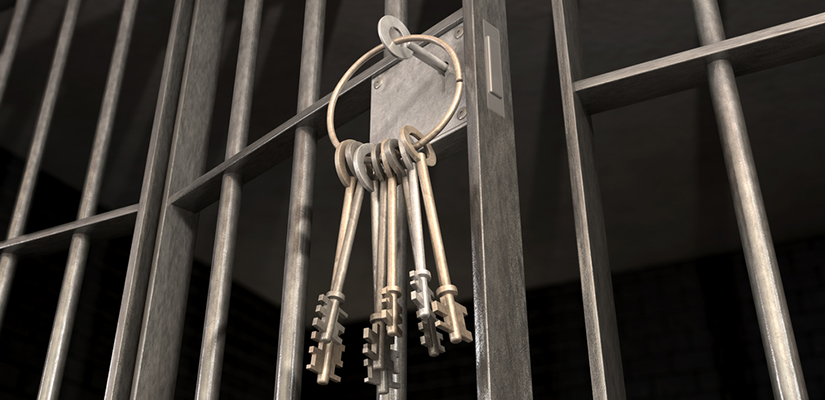In November 2000, California voters approved Proposition 36 (Prop 36) in a landside vote. Under Prop 36, nonviolent drug offenders are diverted from jail or prison sentences in favor of rehabilitation programs. Basically, they are given three shots at completing rehab in an attempt to kick their drug addictions.
Since Judges cannot send these nonviolent drug offenders to prison or jail unless they fail to complete the Prop 36 rehabilitation program more than three times, critics of Prop 36 argue that it unfairly ties the hands of judges and allows drug offenders to take advantage of the program. Critics argue that it allows drug offenders a free pass, meaning that under Prop 36 there is no real punishment for them. That drug offenders know they will be diverted instead of going to jail and that if they fail to complete the drug offender programs there will be more opportunities to complete them.
A recent study found that more than 25% of drug offenders sentenced under Prop 36 never show up to their rehabilitation program and nearly 50% of offenders do not complete the program. Moreover, a study funded by the State of California and conducted by researchers at UCLA found that drug offenders are more likely to be arrested on new drug charges than before Prop 36 was even passed. The study found that roughly 50% of drug offenders have been rearrested since Prop 36 was passed compared to just 38.1% before it was passed.
In the other hand, according to the study, Prop 36 has saved Californians $2.50 for every $1.00 spent and has significantly reduced the load on California’s state prisons. Moreover, proponents of Prop 36 argue that it still allows those drug offenders who truly want help in kicking their drug addictions get that help instead of rotting away in prison and/or jail. They point to the UCLA study that found that 59% of offenders who completed the rehabilitation programs had found jobs one year after they had been sentenced and 78% of them announced that were now drug free.
In 2006, the California Legislature passed a law allowing judges to put drug offenders they deem “incorrigible” in jail for up to 30 days or remove them from the program. The law also allows judges to jail second-time violators for five days and first-time violators for two days. However, in September of 2006 an injunction was imposed stopping this law from going in effect for the time being.
This issue of whether or not to allow non-violent drug offenders so many shots at rehab in leiu of incarnation will continue to be hotly debated this year and for a very long time after that. It will be very interesting to see if Prop 36 will continue to be the law or whether it will be changed or repealed, which could result in serious ramifications for many of our friends and loved ones. Wallin & Klarich will continue to monitor Prop 36 very closely!



